The newly appointed boss of the OFT, John Fingleton, may well have sunk the Irish Republic’s groceries order before heading off to the UK.
In a submission as chairman of the Irish Competition Authority, Fingleton, who becomes chief executive of the OFT in October, claims that by restricting competition, the below-cost selling ban adds almost €500 a year to the average household grocery bill.
He tells trade and enterprise minister Micheál Martin, who is reviewing the order, that the measure is “one of the most anti-competitive and protectionist devices in Irish law”.
According to Fingleton, the cost of food covered by the order has risen 7.4% since June 2001. In contrast, the price of items not covered, such as fresh produce and meat, has fallen 5.1%. If deflation had applied in both cases, households would have saved €482 (£330) on their annual grocery bills, corresponding to €577m (£394m) across the economy.
Fingleton criticises last year’s successful prosecutions of Tesco and Dunnes by consumer affairs director Carmel Foley, for selling babyfood at below cost price. The prosecutions, which resulted in the companies being fined €2,100 each, was “a perfect example” of why the order should be abolished.
“If similar logic was applied to other sectors - clothing, for instance - it would make post-Christmas sales criminal.”
Meanwhile, Martin has been hit by an avalanche of nappies. It follows the recent Irish High Court rejection of an attempt to prosecute Dunnes for selling nappies below cost, with the judge ruling they could not be classified as groceries.
A TV show host suggested that, in protest over the attempted prosecution, viewers send unused nappies to the minister. They have, with more than 300 delivered so far.
In a submission as chairman of the Irish Competition Authority, Fingleton, who becomes chief executive of the OFT in October, claims that by restricting competition, the below-cost selling ban adds almost €500 a year to the average household grocery bill.
He tells trade and enterprise minister Micheál Martin, who is reviewing the order, that the measure is “one of the most anti-competitive and protectionist devices in Irish law”.
According to Fingleton, the cost of food covered by the order has risen 7.4% since June 2001. In contrast, the price of items not covered, such as fresh produce and meat, has fallen 5.1%. If deflation had applied in both cases, households would have saved €482 (£330) on their annual grocery bills, corresponding to €577m (£394m) across the economy.
Fingleton criticises last year’s successful prosecutions of Tesco and Dunnes by consumer affairs director Carmel Foley, for selling babyfood at below cost price. The prosecutions, which resulted in the companies being fined €2,100 each, was “a perfect example” of why the order should be abolished.
“If similar logic was applied to other sectors - clothing, for instance - it would make post-Christmas sales criminal.”
Meanwhile, Martin has been hit by an avalanche of nappies. It follows the recent Irish High Court rejection of an attempt to prosecute Dunnes for selling nappies below cost, with the judge ruling they could not be classified as groceries.
A TV show host suggested that, in protest over the attempted prosecution, viewers send unused nappies to the minister. They have, with more than 300 delivered so far.




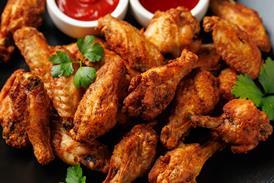



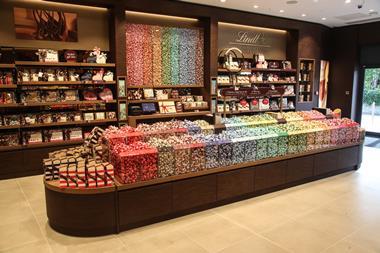

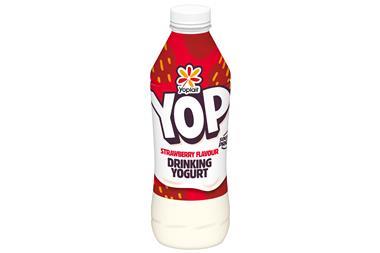

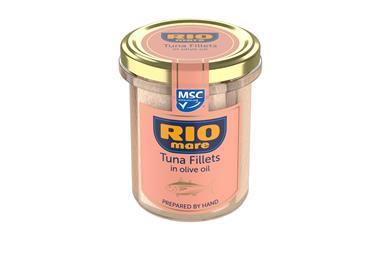
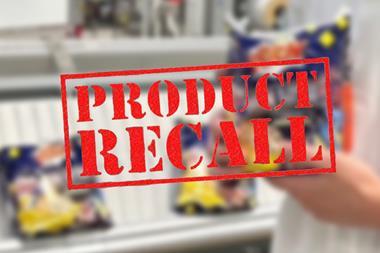
No comments yet